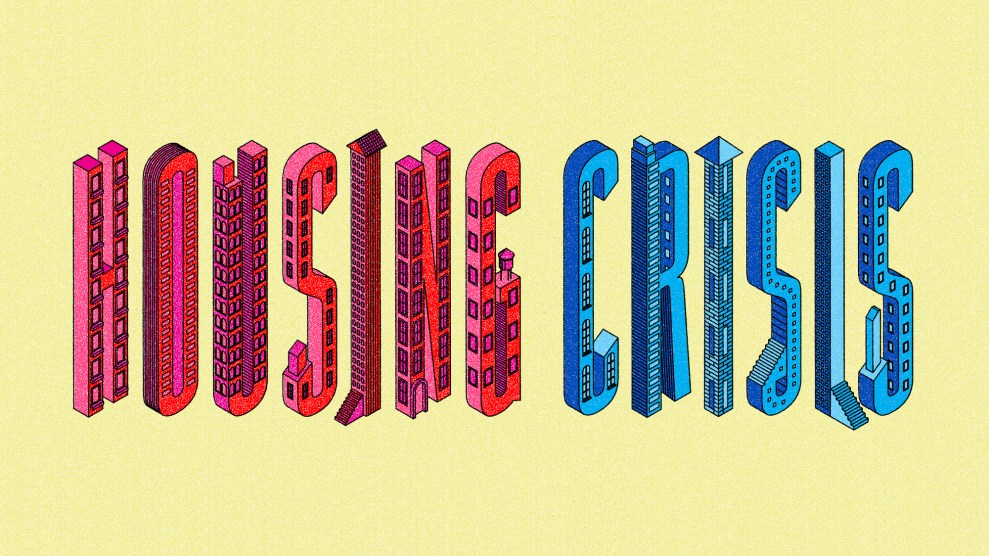Last fall, the end of the pandemic seemed tantalizingly close. After the Delta wave subsided, businesses began to relax their mask policies. Most Americans had received at least one vaccine. People bought plane tickets for holiday travel. Writing in the Wall Street Journal, University of California, San Francisco, infectious disease specialist Monica Gandhi declared, “Covid-19 will soon become endemic—and the sooner the better.” Once this coveted state of endemicity happens, Gandhi wrote, we can all look forward to “a full return to normal.”
Since then, politicians have increasingly used “endemic” and “normal” interchangeably. In November, when Tennessee ended its state of emergency, politicians explained the transition as a response to when “the virus becomes endemic.” California Gov. Gavin Newsom called the looser guidelines he unveiled in February 2022 a response to an “endemic” virus. After two years of masks, tests, and fights with friends and family over differing levels of Covid caution, many people seem to casually hear what they want in the term: Endemic means the end of the pandemic.
But the science itself is not so simple. In a January opinion piece for the journal Nature, Aris Katzourakis, an evolutionary virologist at the University of Oxford, explained that “endemic” has a precise meaning to epidemiologists: A disease reaches an endemic state when “the proportion of people who can get sick balances out the ‘basic reproduction number’ of the virus, the number of individuals that an infected individual would infect.” In other words, endemic’s only “true dictate” is, as the Atlantic noted, “a modicum of predictability” in the spread of the disease. Crucially, Katzourakis said, nowhere in this definition is it implied that the disease is mild. He noted that malaria, endemic in many parts of the world, killed 600,000 in 2020. Tuberculosis, another endemic disease, killed 1.5 million. “As an evolutionary virologist, it frustrates me when policymakers invoke the word endemic as an excuse to do little or nothing,” Katzourakis wrote.
Endemic’s broader definition hints at the issue here. Something is endemic when it is prevalent in a particular group. It descends from the Greek endēmos, meaning native to a certain people. That’s true of endemic viruses too. They have vastly different consequences for different groups within a single geographical area. Anne Sosin, a public health researcher at Dartmouth College, points to HIV as an example. A breakthrough treatment, antiretroviral therapy, became available to Americans in 1996. But in other parts of the world, a quarter of a century later, patients still have limited access to it. Here in the United States, HIV affects a disproportionate number of African Americans: In 2019, 42 percent of the people diagnosed with the disease were Black. Covid, too, has had an outsize effect on Black and Brown Americans—and Sosin worries that politicians may use “endemic” as an excuse to avoid confronting the racial dynamics of the virus. “If we don’t aggressively target those disparities,” she says, “we’re laying the groundwork for a very inequitable endemic state.”
If the last two years have taught us anything, it’s that this ever-changing virus challenges us to respond and adapt as new variants arise. After Gandhi’s comments about an “endemic” virus, trends reversed. Omicron raged, with daily death tolls breaking records. Undeterred, some politicians maintained that the virus, now endemic, could fade into the background. “When you have an endemic respiratory virus, the default has got to be, you live your life,” said Florida Gov. Ron DeSantis in January. In a February letter, a group of 70 House Republicans urged President Joe Biden and Health and Human Services Secretary Xavier Becerra to “accept that Covid-19 is endemic, recognize that current heavy handed government interventions are doing more harm than good, and immediately begin the process by which we unwind” Covid protections and “get back to normal.”
Covid doesn’t have to control us. Nor does it have to cause more mass death. But if we really do want to learn to live with the virus, “endemic” can’t mean “complacent.”















